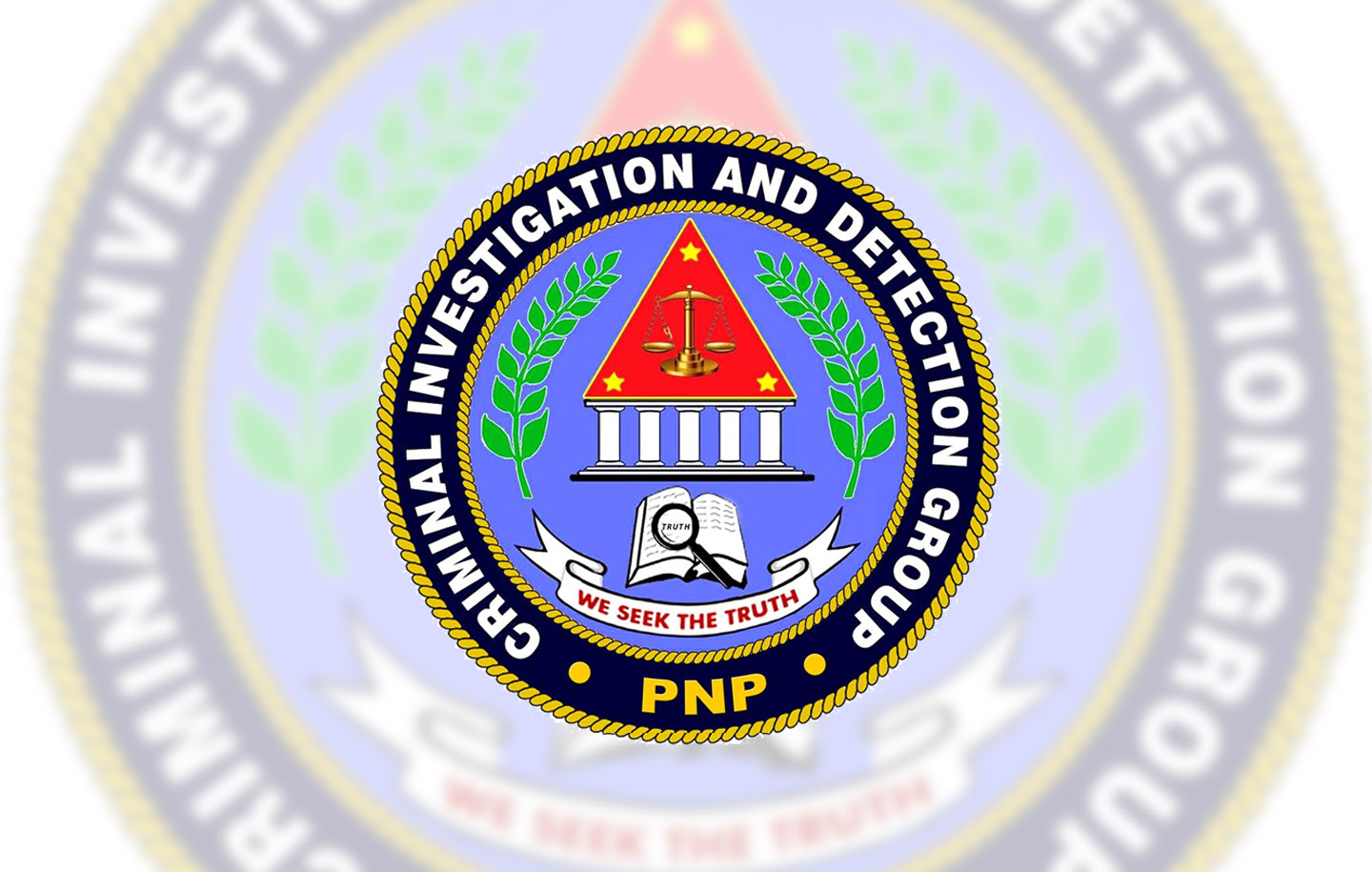BY AARON RECUENCO
General Archie Francisco Gamboa, chief of the Philippine National Police (PNP), has ordered the Criminal Investigation and Detection Group (CIDG) to investigate the proponents of the so-called revolutionary government, whose intention was disowned by President Duterte.
“Political stunts such as this are ill-timed considering that we are in the midst of fighting the COVID-19 pandemic. I have directed the CIDG to investigate the individuals behind it and to determine if there is any basis to file criminal charges leading to a possible arrest,” said Gamboa.
Gamboa issued the order as he accused the Mayor Rodrigo Roa Duterte-National Executive Coordinating Committee (MRRD-NECC) of setting up top security officials to make it appear that they support its plan to replace the current form of government.
MRRD-NECC is a group of staunch supporters of President Duterte – some are even holding key positions in the government.
Gamboa reiterated that the PNP has nothing to do with the call for a revolutionary government.
Aside from Gamboa, Defense Secretary Delfin Lorenzana confirmed that he received an invitation for a meeting with MRRD-NECC.
Gamboa said several invitations were also sent out to various government agencies.
Gamboa, however, fumed after learning that the invitation letters were sent out and allegedly leaked to the media deliberately in an apparent bid to project that the group has the support of key government agencies.
“I was informed that letters were sent out to several government agencies inviting us to attend their supposed assembly. The information was then leaked to the media, making it appear that we were involved or worse, that we consented to it,” said Gamboa.
The MRRD-NECC has been calling for a revolutionary government in order to fulfill the campaign promises of President Duterte.
The group is demanding that the President takeover the revolutionary government until December 2021 to pave the way for the elections under a new Federal form of government.
Political leaders and representatives of the legal community and the academe thumbed down the proposal, saying that it is unconstitutional and violates the existing law, particularly on the aspect of inciting sedition.

